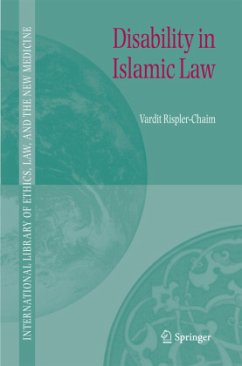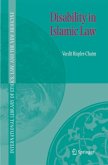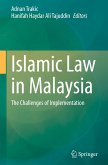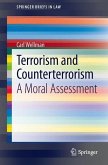1 When I completed my book Islamic Medical Ethics in the Twentieth Century , I was aware that I had omitted certain topics that I would have to return to. One of these was the ethical treatment of disabilities and the disabled, and of handicaps and the handicapped. Since responses to burning medical dilemmas within the wide field of medical ethics was the main focus of that book, it addressed ethical aspects of the doct- patient relationship, and contemporary Islamic debates on issues such as birth control and abortion, artificial insemination, organ transplants, postmortem exa- nations and euthanasia. The main source material was 20th-century fatwas (legal responses) issued by various Middle Eastern muftis. In this book I now wish to survey attitudes to the disabled and their disabilities as evinced by selected Sunni and Shi'i legal compilations throughout 1400 years of scholarly Islamic activity, but also through contemporary fatwas. The sources used for this book are a selection ofmedieval as well as modern legal writings, medical books and articles in Arabic, books and articles on medicine from an Islamic religious point of view, Prophetic medicine, and the Qur'an and medicine. I have scrutinized all these for their consideration of people with disabilities, and for the behavioral or social adjustments these people were offered, mainly through legal rulings.
"The appendix of the book itself is indeed a treasure and marvelously written. The book does not end here, but it has more gems at the end including notes, bibliography, index of disabilities, terminology, and names which increase the scholarly value of the book. ... the book is a marvelous piece of writing and interesting for people from all religions, cultures, and professions." (A. R. Memon, Journal of Religion and Health, Vol. 55, 2016)
"Vardit Rispler-Chaim's Disability in Islamic law has to be regarded as a pioneering work that forced the author to carve a new path through the available sources. ... Disability in Islamic law can be recommended without restriction to researchers in Islamic bioethics and in contemporary Islamic law, as well as readers interested in inter-religious bioethics ... . Disability in Islamic law is not only well structured, but the language and argumentation are unambiguous, and the key-terms are introduced and clearly explained." (Nils Fischer, Ethical Perspectives, Vol. 16 (4), 2009)
"Vardit Rispler-Chaim's Disability in Islamic law has to be regarded as a pioneering work that forced the author to carve a new path through the available sources. ... Disability in Islamic law can be recommended without restriction to researchers in Islamic bioethics and in contemporary Islamic law, as well as readers interested in inter-religious bioethics ... . Disability in Islamic law is not only well structured, but the language and argumentation are unambiguous, and the key-terms are introduced and clearly explained." (Nils Fischer, Ethical Perspectives, Vol. 16 (4), 2009)
From the reviews: "Vardit Rispler-Chaim's Disability in Islamic law has to be regarded as a pioneering work that forced the author to carve a new path through the available sources. ... Disability in Islamic law can be recommended without restriction to researchers in Islamic bioethics and in contemporary Islamic law, as well as readers interested in inter-religious bioethics ... . Disability in Islamic law is not only well structured, but the language and argumentation are unambiguous, and the key-terms are introduced and clearly explained." (Nils Fischer, Ethical Perspectives, Vol. 16 (4), 2009)








